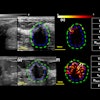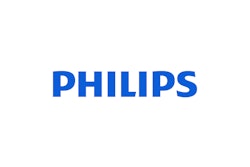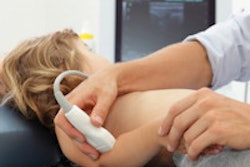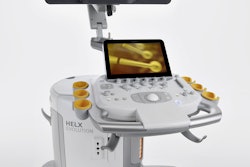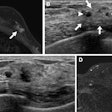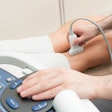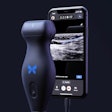Philips Healthcare is joining forces with the Massachusetts Institute of Technology (MIT) to research and develop a combination of ultrasound and computer modeling technologies to monitor patients with severe brain injuries.
Philips hopes to improve upon the current practice of measuring intracranial pressure, which typically involves surgically penetrating the skull or lumbar spine and inserting a catheter into the cerebrospinal fluid space or neural tissue. Because this poses a high risk of infection and damage to vital brain structures, the procedure is usually performed for only the most severe head injuries, according to the company.
The two-year project, which is part of a five-year, $25 million research alliance signed with MIT earlier this year, will deploy portable ultrasound and monitoring technologies from Philips along with a core estimation algorithm developed by MIT's Integrative Neuromonitoring and Critical Care Informatics Group.
This noninvasive approach -- which does not require calibration -- could enable measurement of intracranial pressure in patients who might not have been critical enough to warrant the invasive procedure, said Dr. Joseph Frassica, chief science officer of Philips Research North America.
Philips believes it could also be useful for estimating intracranial pressure in patients with brain injuries in a range of environments, including football fields, ambulances, battlefields, and emergency rooms. In addition, the technology could be expanded to nontraditional patients, such as those with unexplained headaches, mild and moderate traumatic brain injury, or even coma patients, according to the vendor.
The recently opened Philips Research headquarters for North America in Cambridge, MA, will be used for the project. Philips and MIT will also collaborate with Boston Medical Center during the research.



